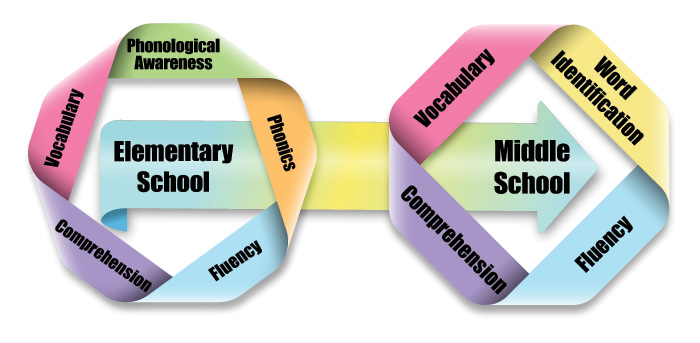
Your child’s teacher is reading, with
your child, every day.
This is a fact. It begins in Kindergarten and builds. It is critical that reading does not stop once your child gets on that bus at the end of the day.
 |
| This sheet can help break it down and allow your child to think as they read! |
I am fortunate to have my child(ren) attend a school that gets Parents involved in everything that is going on in the classroom. It is reinforcing my child and defining her as a successful student.
From first hand, I have seen the success.
She is in first grade, reading chapter books for 4th and 5th graders. She reads out-loud and to herself and is a confident reader. She will try, no matter if she is right or wrong, which is quite a statement. But further than that, she is dissecting the story as she is reading. She stops to ask questions, she reiterates the story to me for clarification and she will go back and re-read if something is missing, lost or not making sense.
 |
| This is our goal when independent reading. |
If you have a child in elementary school, they are, no doubt, being expected to read. Did you know that they are not only judged on HOW they read, but also on HOW WELL they can RETAIN the information (comprehension)? If your child is reading words like “opportunity”, but is reading books with words closer to “apple”, there is a reason. They can not move up to the next level if they have not mastered the skills associated with the level that they are currently reading.
Many times, a child can read words, but not yet retain the information given.
There are things that you can do to help.
These are the same things that your child’s teacher is asking your child at school. Here is what your child’s teacher wishes you knew about reading…

1- Looking at the cover, what do they think this book will be about?
Let them guess what they think will happen in the story.
Let them guess what they think will happen in the story.
2- Do a picture walk (flip to each page and look at the pictures and talk about them) and let them guess again.
Did they change their minds?
Did they change their minds?
3- Point out words that are going to be difficult. When you are looking through the book, during your picture walk, look for difficult words. If you see the word Mountain in the book and you know that your child has not seen this word before, introduce it to them.
4- If the book is shorter, have them read it once to you and once or twice by themselves.
I used to have my students read their leveled reader books three times.
The first time (out-loud): Learning the words
The second time (silently): Understanding the story
The third time (out-loud again): working on their fluency (being able to read it without a lot of pauses and mistakes)
I used to have my students read their leveled reader books three times.
The first time (out-loud): Learning the words
The second time (silently): Understanding the story
The third time (out-loud again): working on their fluency (being able to read it without a lot of pauses and mistakes)
5- When the story is done, ask them the following questions:
 Tell me what happened in this story. (They have to be able to tell you things that happened – I aim for three things when asking our daughter what she remembers) Tell me about the beginning, the middle and the end. (I want these things in order.)
Tell me what happened in this story. (They have to be able to tell you things that happened – I aim for three things when asking our daughter what she remembers) Tell me about the beginning, the middle and the end. (I want these things in order.)- What did this story make you think about?
- Did it remind you of anything? (“No” is not an acceptable answer- they will lose points on their score-sheet if they cannot relate it to something)
- What characters were in the story?
- Where did the story take place?
- What was the problem/conflict in the story? (after this answer, move onto….)
- Did they solve it? How?
These questions will be asked by your child’s teacher, so it is better to prepare them to think this way when reading. Just being able to read the words will not help your child succeed- they need to comprehend what they are reading.
Enjoy this time with your child!







